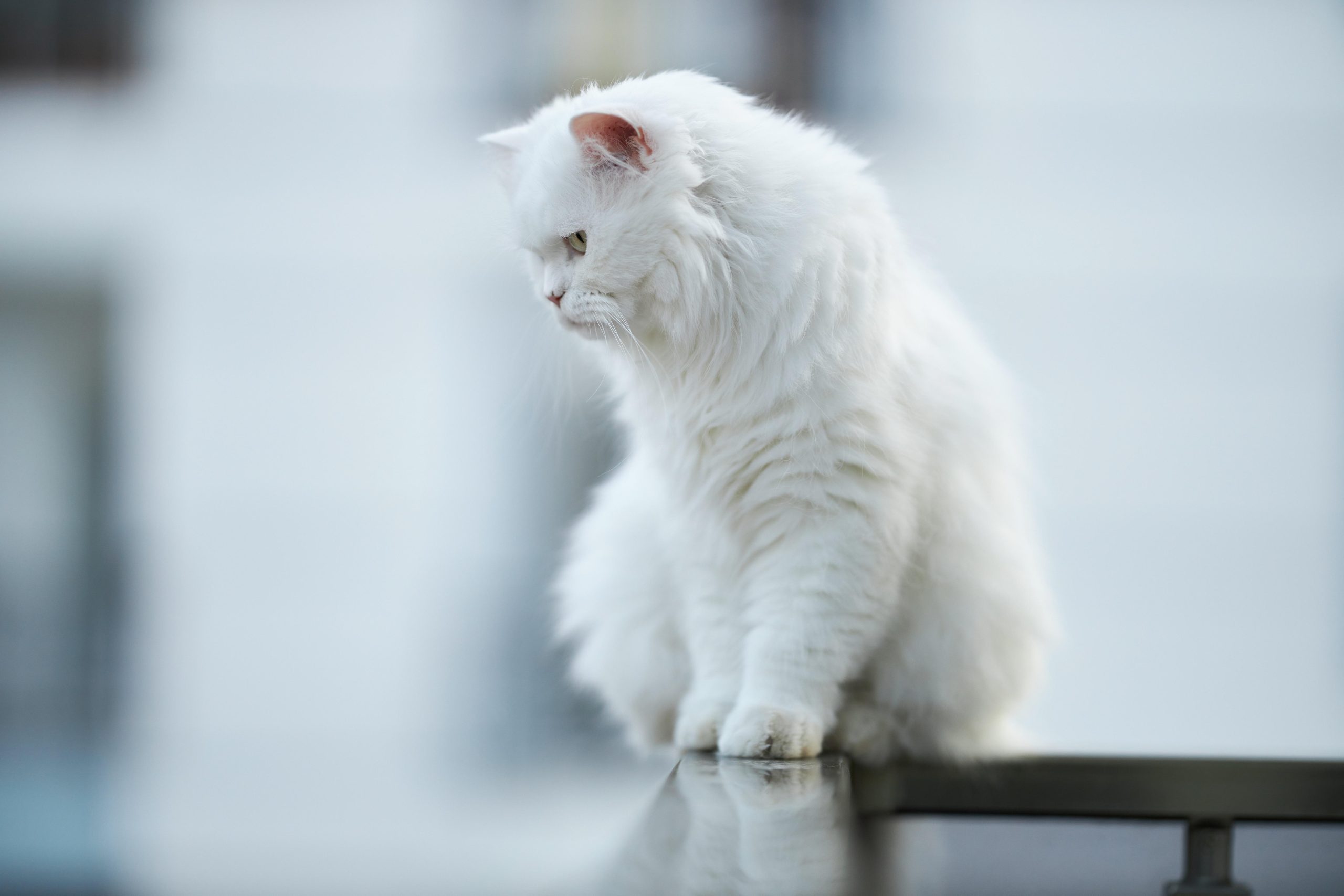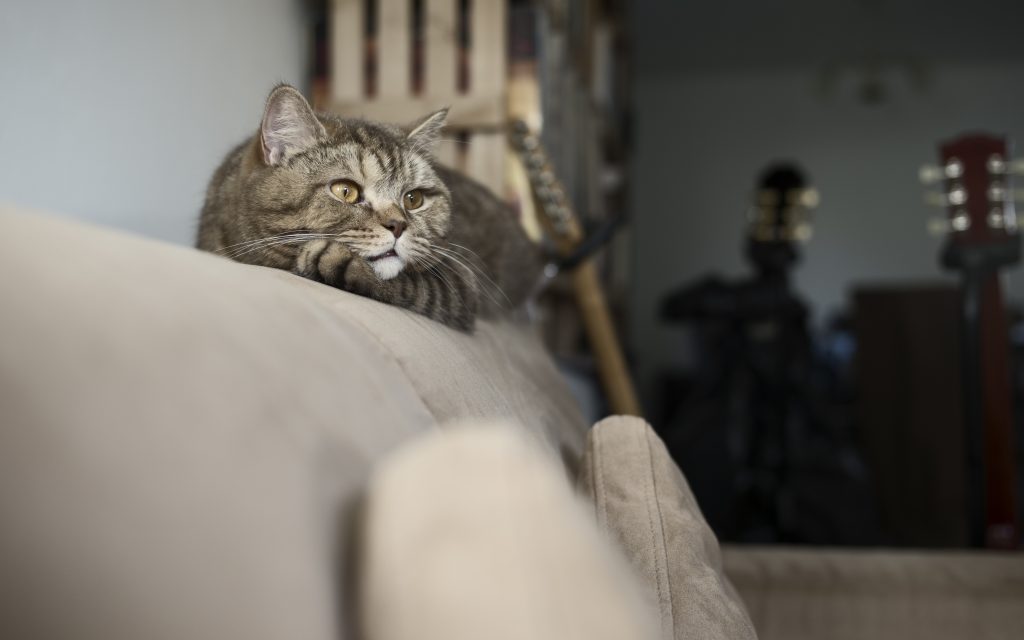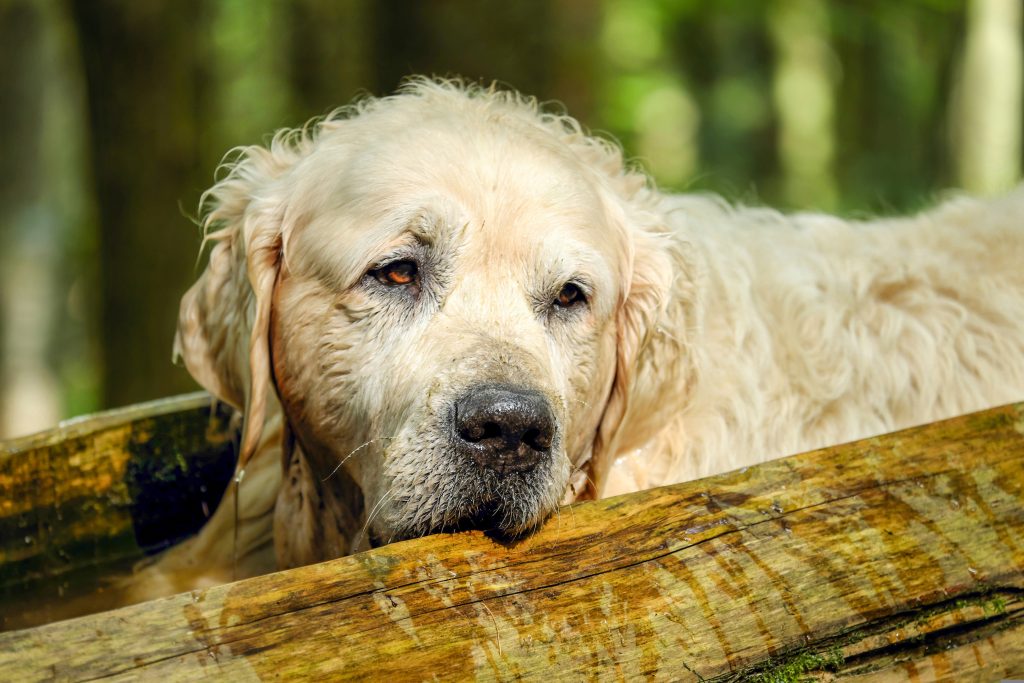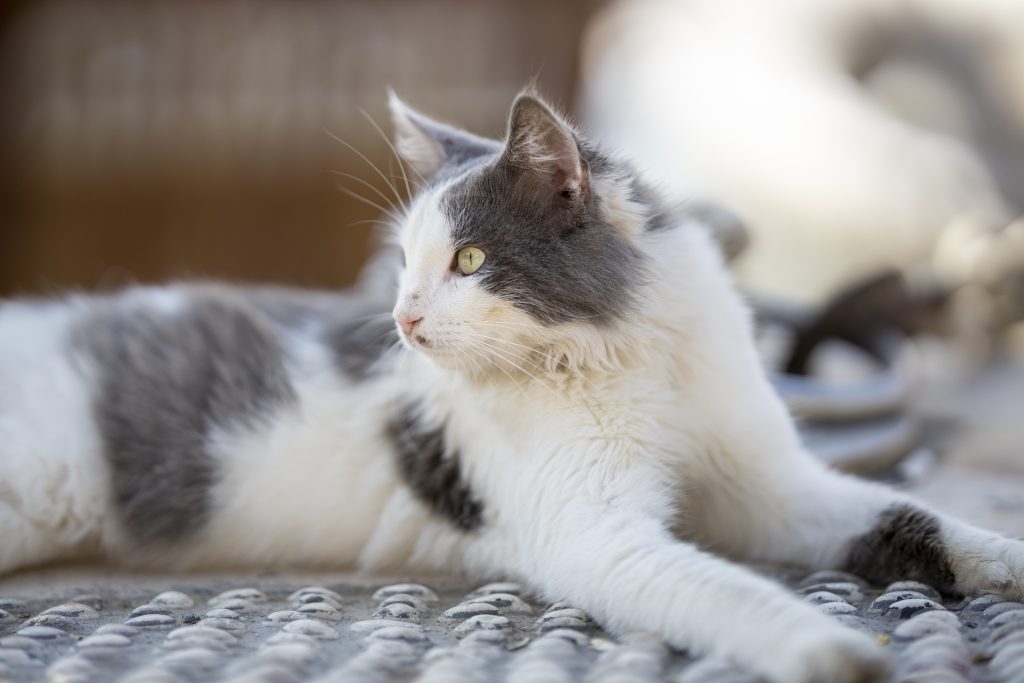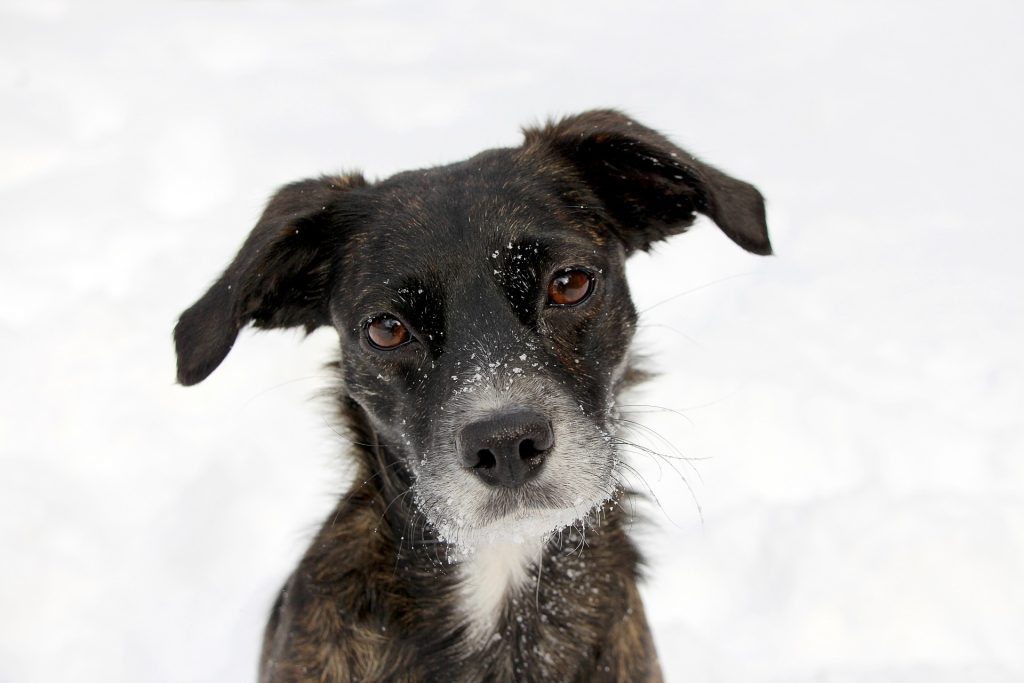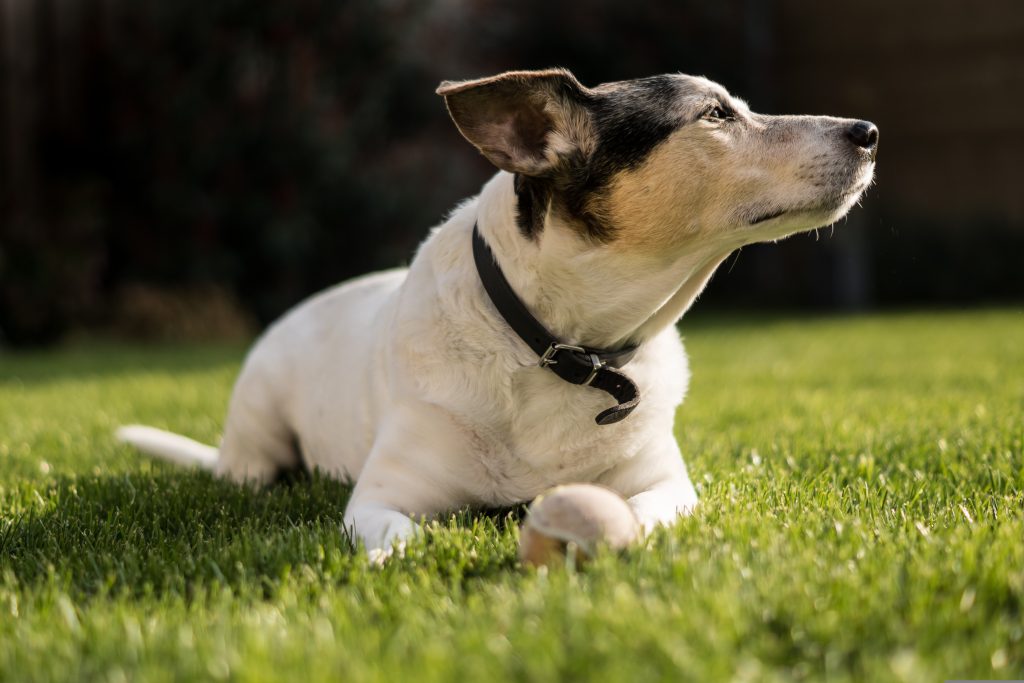Polycystic Kidney Disease (PKD) is a hereditary condition that primarily affects Persian and Persian-related cat breeds. This genetic disorder causes multiple cysts to form in the kidneys, which grow and multiply over time, gradually replacing normal kidney tissue. A cat only needs to inherit the defective gene from one parent to develop the disease. While the cysts are present at birth, they usually don’t cause noticeable problems until later in life, typically when the cat is between 3 to 10 years old. As the disease progresses, it can lead to chronic kidney disease and, eventually, kidney failure.
Signs and Symptoms:
The signs and symptoms of Polycystic Kidney Disease in cats often don’t become apparent until the disease has progressed significantly. As the disease advances, common symptoms include increased thirst and urination, decreased appetite, weight loss, and lethargy. Affected cats may also experience nausea, vomiting, and bad breath due to the buildup of toxins that the kidneys are unable to filter out. In some cases, the enlarged kidneys may be felt as masses in the cat’s abdomen. As kidney function continues to decline, cats may develop anemia, leading to pale gums and weakness. In advanced stages, cats may show signs of dehydration, such as sunken eyes and dry, tacky gums. It’s important to note that these symptoms can be indicative of various kidney problems or other health issues. Therefore, any persistent changes in a cat’s behavior, appetite, or water consumption should prompt a veterinary examination.
Treatment Advice:
While there is no cure for Polycystic Kidney Disease in cats, treatment focuses on managing symptoms, slowing disease progression, and maintaining quality of life. The specific treatment plan will depend on the stage of the disease and the individual cat’s overall health. In the early stages, dietary management is crucial. A prescription kidney diet, low in protein and phosphorus but high in omega-3 fatty acids, can help reduce the workload on the kidneys. Increasing water intake is also important, which may involve switching to wet food or using water fountains to encourage drinking. As the disease progresses, additional supportive care may be necessary. This can include fluid therapy to maintain hydration, medications to control blood pressure and reduce protein loss in urine, and phosphate binders to manage mineral imbalances. Anti-nausea medications and appetite stimulants may be prescribed to address gastrointestinal symptoms. In some cases, treatment for anemia might be necessary. Regular veterinary check-ups and blood tests are essential to monitor the progression of the disease and adjust treatment as needed. While these treatments can’t cure PKD, they can significantly improve the cat’s quality of life and potentially slow the progression of kidney dysfunction. In advanced stages, when quality of life is severely impacted, palliative care becomes the focus, ensuring the cat’s comfort and managing pain.
Preventive Measures:
Preventing Polycystic Kidney Disease in cats primarily revolves around responsible breeding practices, as the condition is inherited. The most effective preventive measure is genetic testing of breeding cats, particularly in Persian and related breeds. Cats that test positive for the PKD gene should not be used for breeding to prevent passing the disease to offspring. For cat owners, if you have a breed predisposed to PKD, it’s advisable to ask for proof of genetic testing before adopting. While PKD itself cannot be prevented in cats that have inherited the gene, measures can be taken to support overall kidney health and potentially slow the progression of the disease. These include providing a high-quality, appropriate diet, ensuring access to fresh water at all times, and maintaining a stress-free environment. Regular veterinary check-ups, including blood and urine tests, can help detect kidney issues early, allowing for prompt management. It’s also important to avoid exposing cats to known kidney toxins, such as certain plants, medications, and household chemicals. While these measures won’t prevent PKD in genetically predisposed cats, they can contribute to better overall kidney health and potentially delay the onset of symptoms.
Conclusion:
Polycystic Kidney Disease remains a significant health concern for certain cat breeds, particularly Persians and related breeds. The progressive nature of this genetic condition underscores the importance of early detection, regular monitoring, and appropriate management. While the lack of a cure can be disheartening, advancements in veterinary medicine have greatly improved our ability to manage PKD and maintain a good quality of life for affected cats. The key to successful management lies in a combination of responsible breeding practices, early diagnosis through genetic testing and regular health screenings, and a comprehensive treatment approach tailored to each cat’s needs. With proper care and management, many cats with PKD can enjoy a good quality of life for an extended period. The ongoing efforts in genetic research and breeding practices offer hope for reducing the incidence of PKD in future generations of cats.


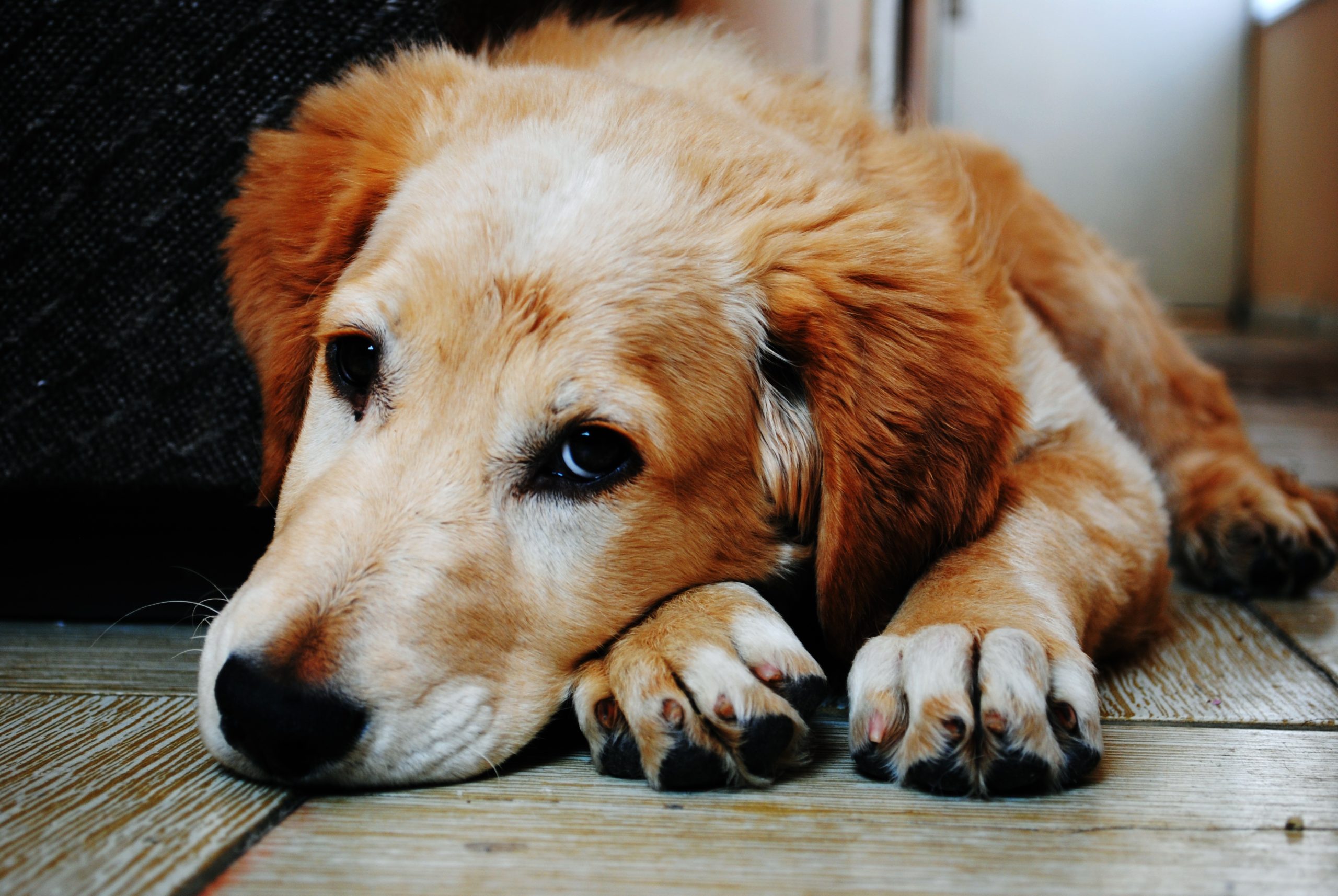

 Unlimited access and follow ups for continuous pet care
Unlimited access and follow ups for continuous pet care 